Pancreatic cancer may not spread as quickly as some other forms of cancer, but due to a lack of awareness, its cases are rising sharply. Often, people ignore early symptoms, leading the disease to progress to its final stages, where treatment becomes extremely difficult. That’s why it is crucial to understand the four stages of pancreatic cancer. If detected early, the chances of successful treatment and controlling the disease increase significantly. (News18 Telugu)
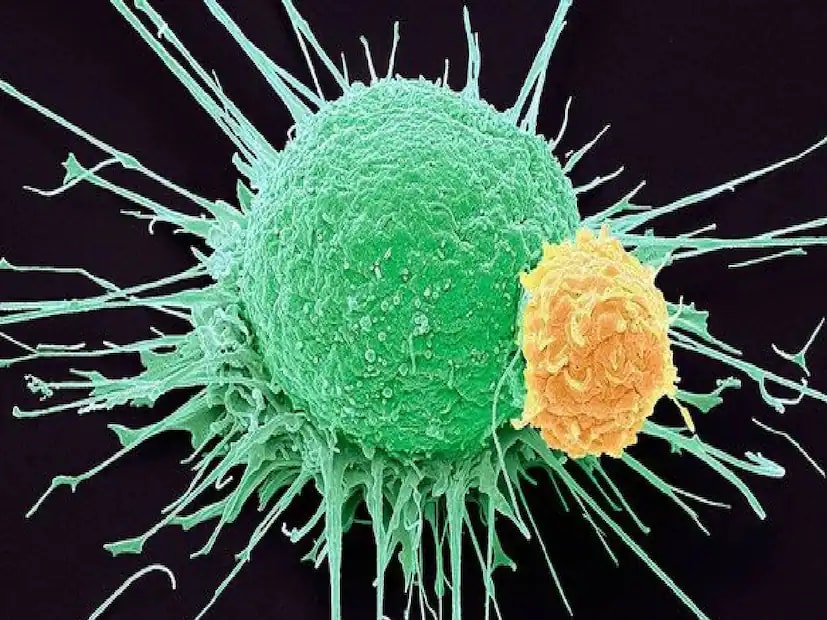
According to the World Health Organization (WHO), pancreatic cancer is among the deadliest types of cancer. It develops when abnormal cells grow uncontrollably in the pancreas. Although it is more common in older adults, men are at higher risk due to higher smoking rates. Smoking is considered the primary cause of pancreatic cancer. (News18 Telugu)
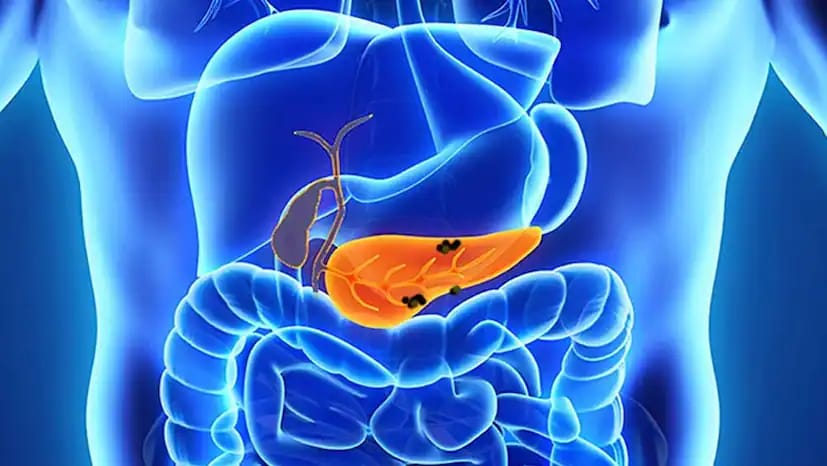
Common symptoms of pancreatic cancer include jaundice, persistent abdominal or back pain, pale or oily stools, chronic constipation, extreme fatigue, fever, liver swelling, and persistent nausea. These symptoms are often overlooked, which delays diagnosis and treatment. (News18 Telugu)

Stage One: The initial stage often goes unnoticed. People may experience mild symptoms such as dizziness, fatigue, loss of appetite, or mild abdominal discomfort. However, these are commonly mistaken for general illness and not taken seriously, allowing the disease to progress silently. (News18 Telugu)
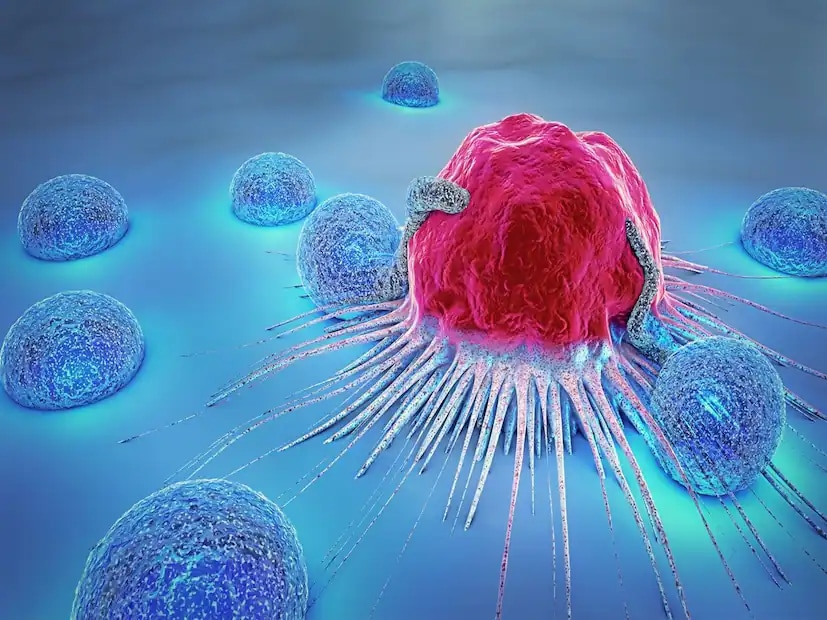
Stage Two: At this stage, symptoms become more noticeable and severe. Constipation and jaundice are more prominent, and the liver may begin to swell. The pancreas starts shifting from its normal position, placing pressure on nearby organs. This may lead to increased bile production, which can enter the bloodstream and cause jaundice. As the liver weakens, the risk of liver failure and death increases. (News18 Telugu)
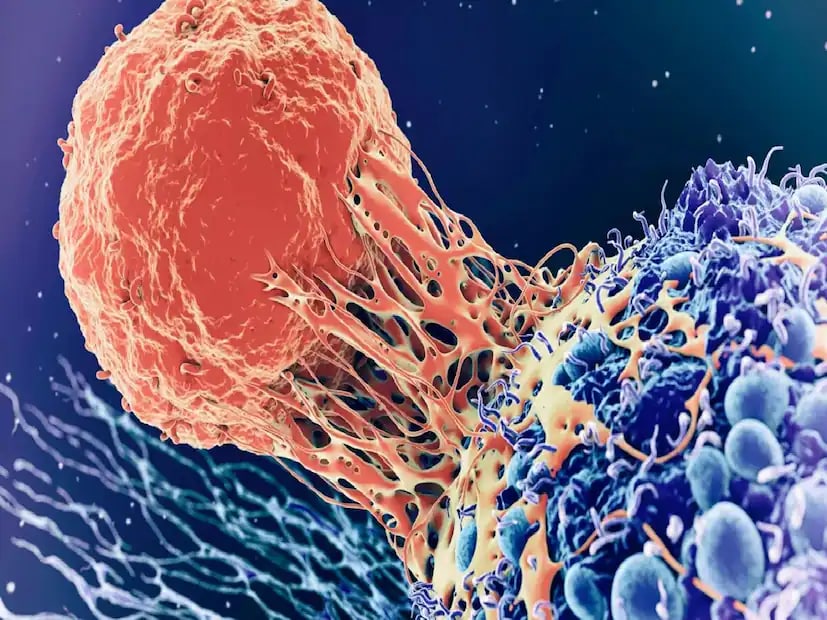
Stage Three: Cancer has now spread to major blood vessels around the pancreas or to four or more nearby lymph nodes, but not to distant organs. This is considered a locally advanced stage. The cancer reaches surrounding tissues, making treatment more complicated, although still possible with aggressive therapies. (News18 Telugu)
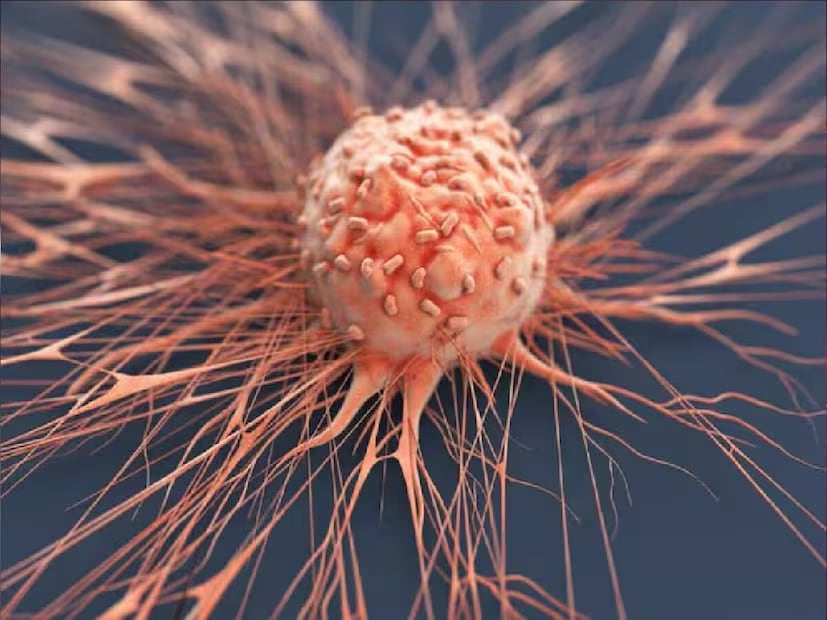
Stage Four: Unfortunately, many cases are only diagnosed at this advanced stage. The cancer spreads beyond the pancreas to organs such as the liver and lungs. Treatment options at this point include chemotherapy, chemoradiation, palliative surgery, and bypass procedures. Drug treatment alone is often insufficient, and surgical interventions become necessary. (News18 Telugu)

To protect yourself from pancreatic cancer, adopt a healthy lifestyle: exercise regularly, practise yoga, avoid processed foods, refrain from smoking, and stay away from smokers. Choose green vegetables over red meat, maintain a healthy weight, limit sugar intake, and avoid foods that harm the liver. Most importantly, get regular health check-ups, especially after the age of 45. (News18 Telugu)
#Stages #Early #Symptoms #Protect



